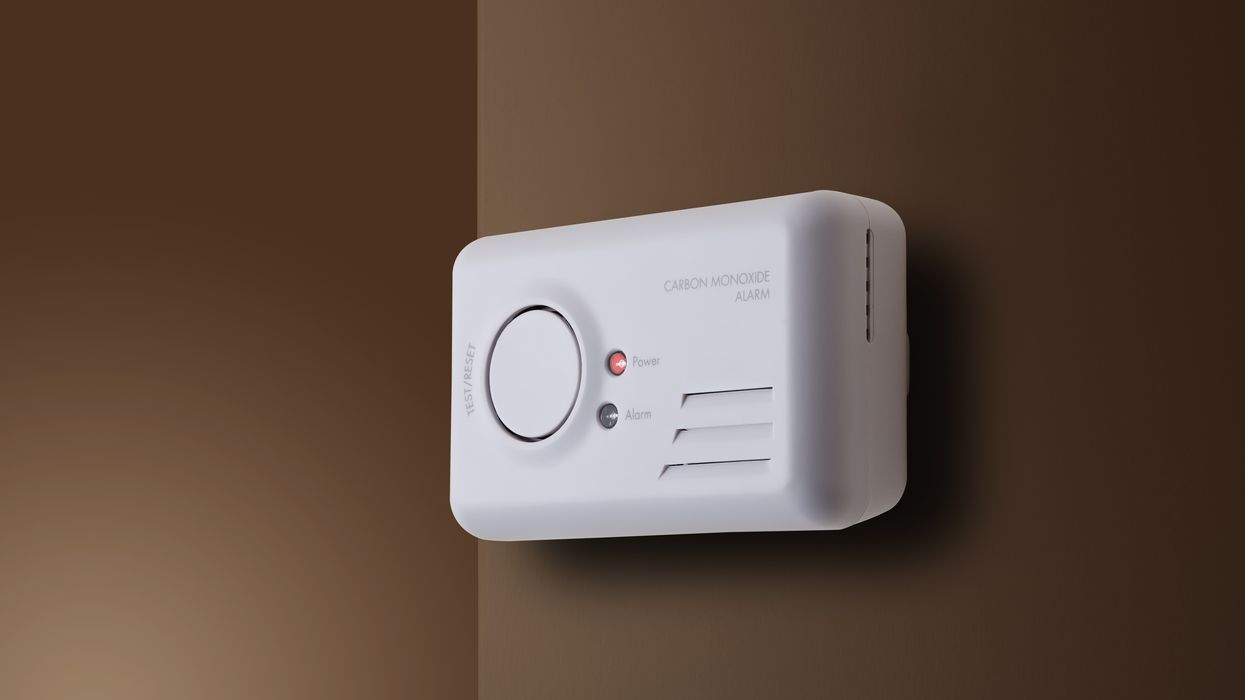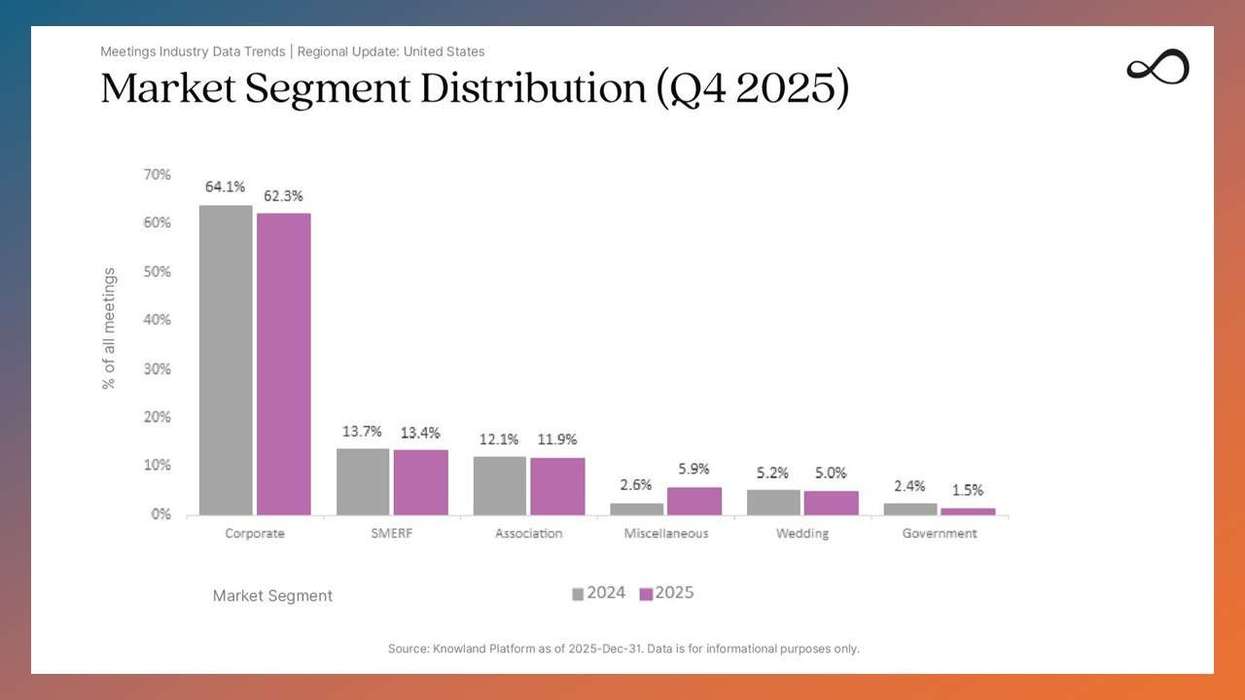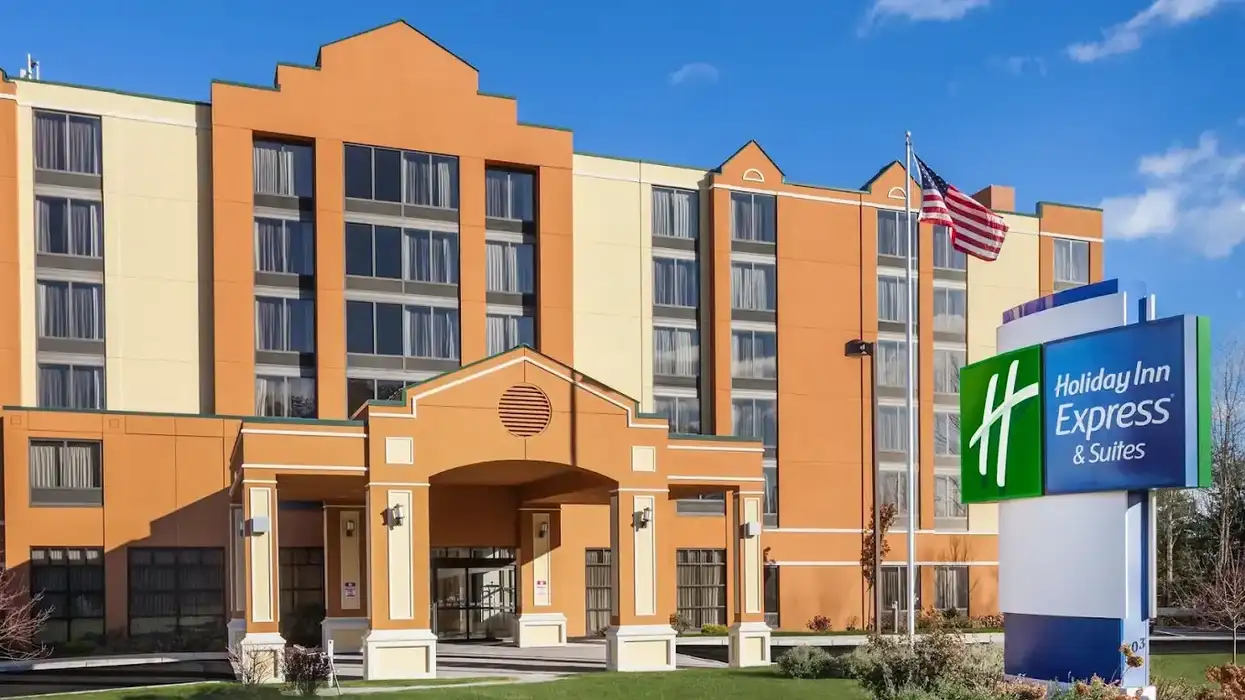What is the Safe Stay Act and why was it reintroduced?
LEGISLATORS RECENTLY REINTRODUCED legislation requiring carbon monoxide detectors in all hotel and short-term rental rooms nationwide. About 36 states currently do not mandate them in hotels and short-term lodging.
Industry groups, including the American Hotel & Lodging Association, have urged hotels to install carbon monoxide monitors in areas with fuel-burning appliances and adjacent spaces “at a minimum.”
U.S. Rep. Angie Craig of Minnesota first introduced the Safe Stay Act in 2020 after hearing the story of Minnesotan Leslie Lienemann, who, along with her son, was hospitalized due to undetected carbon monoxide in a hotel room during a hockey tournament trip. The bill was referred to the Committee on Science, Space, and Technology but did not advance.
“My son and I suffer life-long physical and emotional effects of carbon monoxide poisoning because there was no carbon monoxide alarm in our hotel room,” said Lienemann. “Carbon monoxide is undetectable without a CO alarm. Even as our symptoms worsened, nothing warned us to escape the gas. Luckily, we went to the emergency room before our exposure became fatal. Other families lose loved ones needlessly. We urge Congress to take action to prevent CO injury and death by requiring hotels to install CO detectors. Thank you, Rep. Craig, for protecting families as they travel. No family should suffer death or injury from carbon monoxide due to the lack of a CO alarm.”
Craig said tools are available to prevent carbon monoxide poisoning and should be used.
“I first introduced this legislation to require carbon monoxide detectors in every hotel and motel room after hearing tragic stories like the Lienemanns’,” she said. “It’s time to get this common-sense bill signed into law before another American family suffers from carbon monoxide poisoning.”
The new bill requires carbon monoxide alarms in each sleeping or dwelling unit in places of public accommodation affecting commerce. It is endorsed by the National Hockey League, Consumer Federation of America, National Carbon Monoxide Awareness Association, Jenkins Foundation, Lienemann family, and John Wesley Heathco Legacy Foundation.
Law in Minnesota
The Minnesota legislature passed a law requiring carbon monoxide detectors in hotels, motels, and lodges, effective August 1, 2024.
However, about 36 states do not require carbon monoxide detectors in hotels and short-term lodging, according to the John Wesley Heathco Legacy Foundation, founded after travelers John Heathco and Abby Lutz died of carbon monoxide poisoning at a Hyatt resort in Mexico in 2023. A study in Preventive Medicine Reports using National Fire Incident Reporting System data estimated more than 3,400 carbon monoxide incidents—about 170 per year—at U.S. hotels from 1999 to 2018.
The Jenkins Foundation has recorded 167 carbon monoxide deaths at U.S. hotels, motels, and resorts since it began tracking incidents.
“Every year, too many families fall victim to the silent killer, carbon monoxide,” said Rep. Mike Levin of California, cosponsor of the bill. “That includes John Heathco, son of my constituents Chuck and Jill Heathco, who lost his life to a preventable carbon monoxide leak while on vacation. Their story reminds us that we have the tools to prevent these tragedies, but we must use them. We must turn this tragedy into legislation to stop incidents like John’s from happening again.”
AHLA’s Safe Stay initiative provides guidelines for hotels to follow fire and mechanical codes in their jurisdictions. It advises staff to know their property’s carbon monoxide monitoring system, including detector locations and alarm sounds, and to be trained in emergency procedures.
Carbon monoxide poisoning made headlines earlier this year when three American tourists died in a hotel room in Belize.
“No other family should have to endure the pain we experienced losing Johnny,” said Jill Heathco, John Heathco’s mother. “He died from something preventable, and our family’s mission is to do everything we can so no other traveler loses their life to carbon monoxide poisoning. This legislation is a critical step because it requires hotels to do the minimum to protect guests and staff by installing CO detectors. We appreciate Representatives Craig and Levin for introducing this bill, and we urge all members of Congress to support it because it is needed, commonsense, and will save lives.”
The Safe Stay Act was referred again to the Committee on Science, Space, and Technology on Thursday.
In April, AHLA and Hospitality Technology Next Generation launched resources to help hoteliers prevent and respond to battery-related fires caused by lithium devices such as e-bikes, laptops, and phones.






